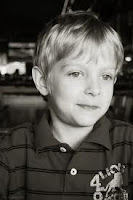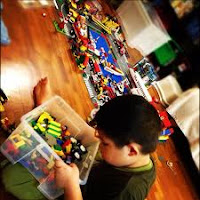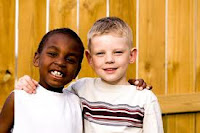Teaching Active Listening Skills to Kids on the Autism Spectrum

"My child (high functioning autistic) rarely makes eye contact with people other than immediate family. Our neighbors have even made the comment that my son appears to ignore them when they have attempted a conversation, and now they have pretty much stopped trying to engage him. Should I insist that he look people in the eye when they are talking to him, or just let it go?" While it's not a good idea to force a youngster with ASD or High-Functioning Autism (HFA) to "look people in the eye" during conversations, there is certainly something to be said for teaching him a few social skills so that he's not perceived as being rude. Giving the speaker some indication that you are listening is simply the polite thing to do, and your son needs to understand this. Kids with HFA generally don’t have the innate ability to exchange eye contact or use appropriate facial expressions when interacting with others. This can make them seem odd when interacting with


